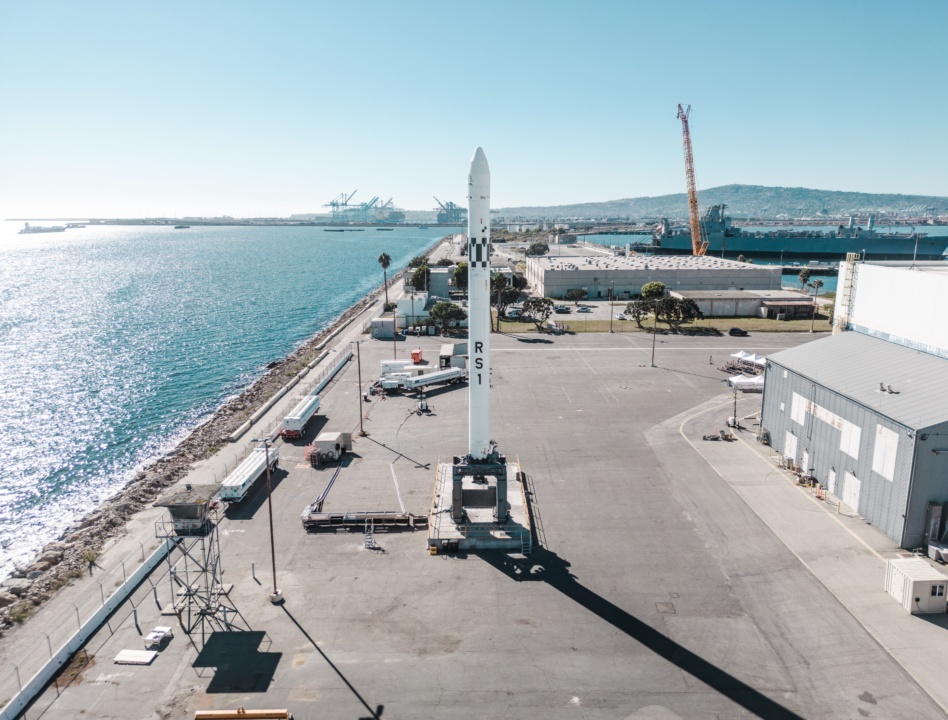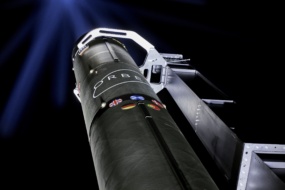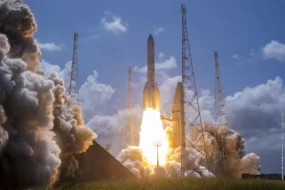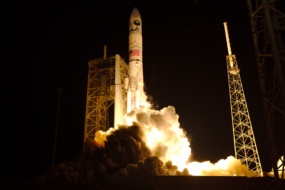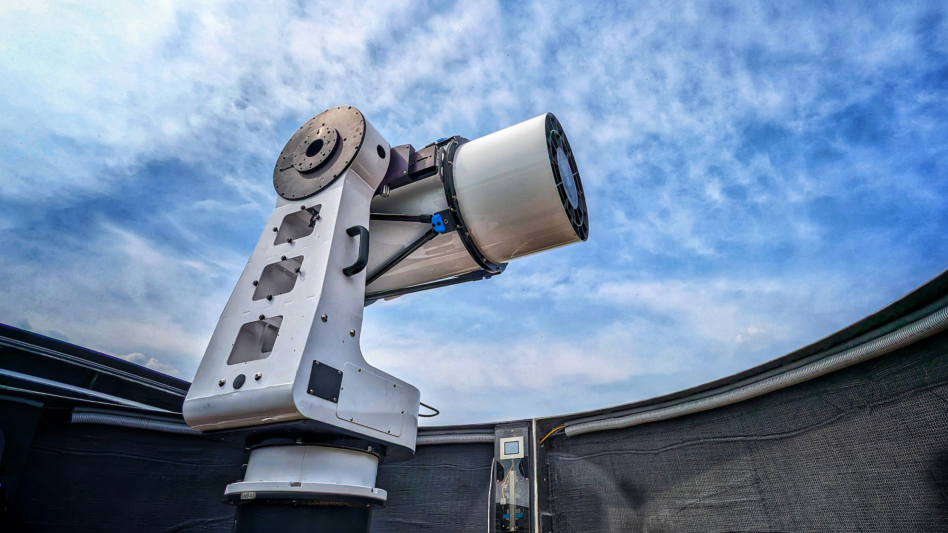ABL Space Systems co-founder Harry O’Hanley will step down as CEO after a seven year run, with co-founder and current president Dan Piemont taking charge of the company.
The new appointment comes as ABL turns from building launch vehicles to developing missile defense technology. The costly loss of a rocket during a test launch forced the company to take stock of its prospects and reduce staff accordingly.
O’Hanley, who will take on an executive-without-portfolio role, Piemont, and board member Ethan Batraski detailed the company’s new direction in interviews with Payload.
Long time coming: Batraski, a partner at VC firm Venrock, said dropping commercial launch from the company’s offering was “not that hard of a pivot,” with plans to leverage its mobile ground system and RS1 rocket for missile defense already underway.
The competitive pressure in the launch market following a major fundraising round in 2022 led the company to reconsider how to build a successful company, Batraski said, and acknowledge the “pull” from the DoD for anti-missile tech.
By the numbers: Piemont cited some classic military-industrial statistics to outline the opportunity he sees:
- Advanced anti-missile batteries cost $1B to deploy and $10M per shot
- New systems emerge over the course of a decade
- Each test costs between $100M to $500M
“When you can only run a handful of tests per year,” Piemont said, “you’re going to get bad cost, schedule, and performance outcomes.”
How it works: Piemont said missile defense programs have target requirements that can be met with “a basically un-modified orbital rocket…we’ll use our liquid rockets and launch infrastructure to offer the test flight capability needed to start iterating on operational systems much more quickly.”
Rocket Lab’s HASTE program, which deploys its Electron rocket as a hypersonics testbed, is an obvious analogy, but Piemont argued that a mobile system can offer more flexibility for tests from different launch points.
“The liquid rockets in the market now are already improving the situation, and we think a mobile, fit-for-purpose vehicle will have an even greater impact,” Piemont said.
Up the value chain: Building on its testing plans, ABL wants to develop its own soup-to-nuts missile defense offering in collaboration with partners, O’Hanley said, including “early warning sensors, tracking sensors, C2 infrastructure, launch infrastructure, boosters, interceptors, and more.”
“We hope to find closely aligned partners for as many of these components as possible, and will build the rest ourselves in pursuit of delivering low cost operational systems,” O’Hanley said.
New digs: ABL is consolidating its real estate footprint and moving into an 8-acre campus at the Port of Long Beach, CA, with 85,000 square feet of space for everything from offices to high bays and clean rooms.
Cash in hand: Batraski said the company isn’t currently fundraising and has a year to 18 months of running room before it considers the capital needs for its mission.
